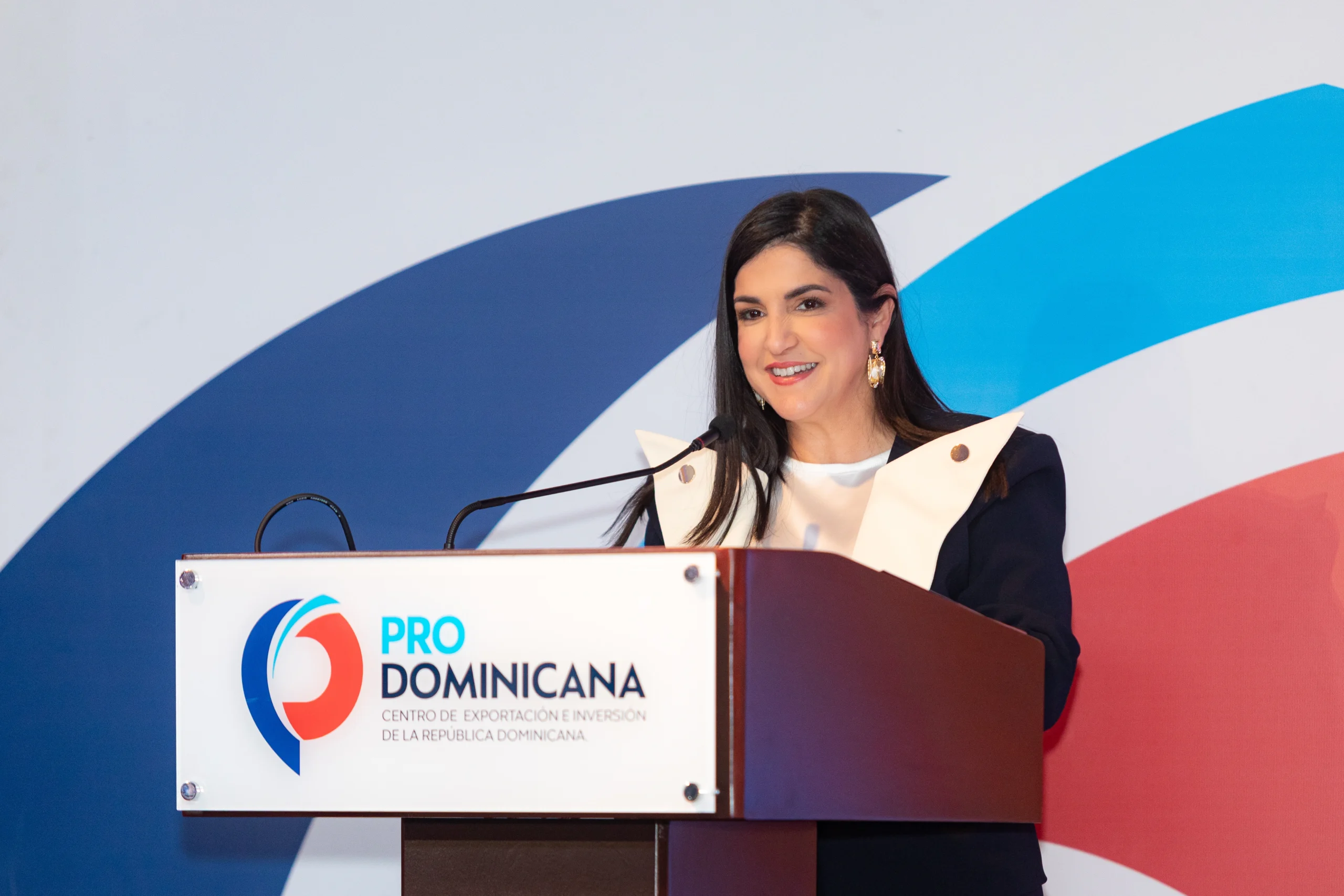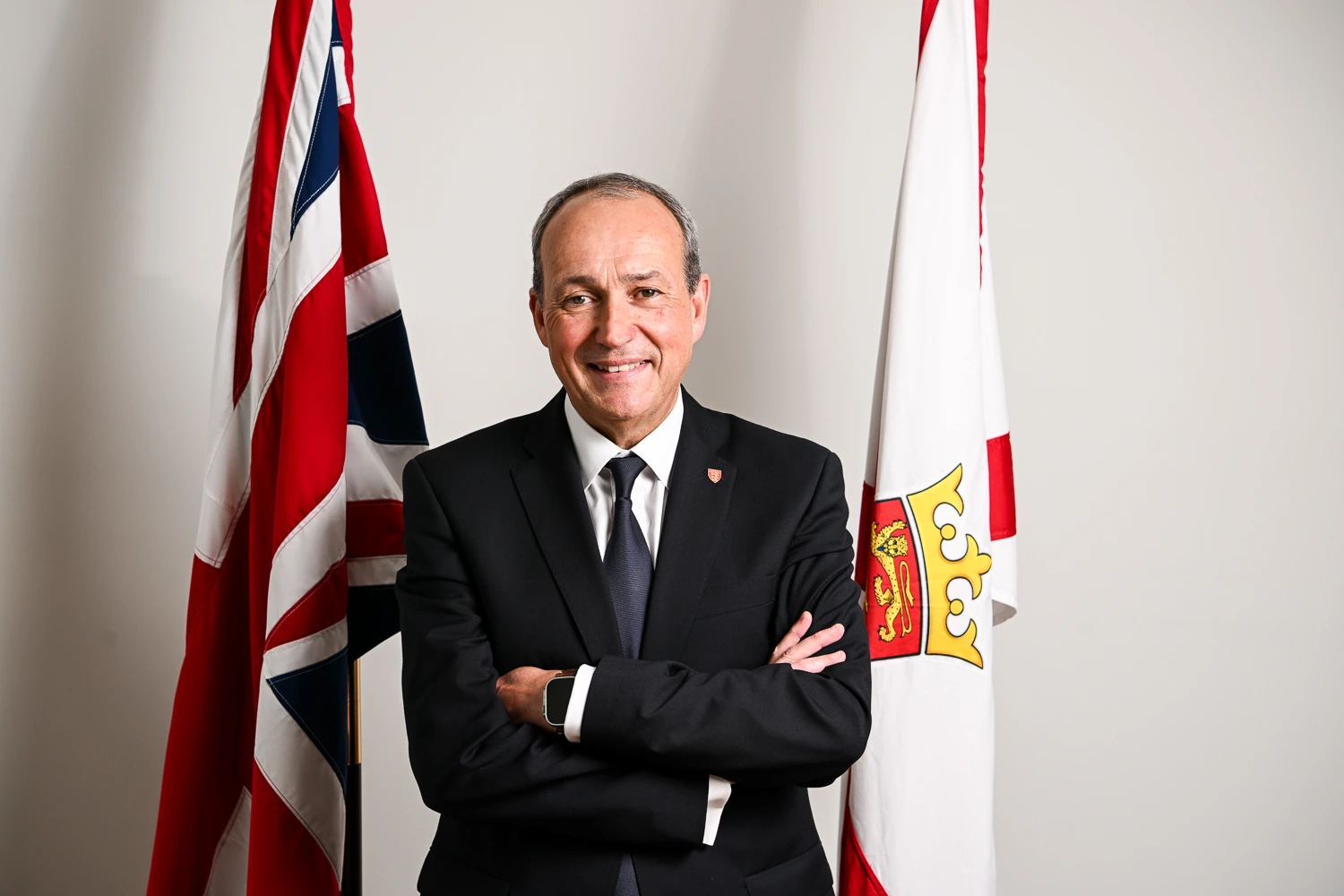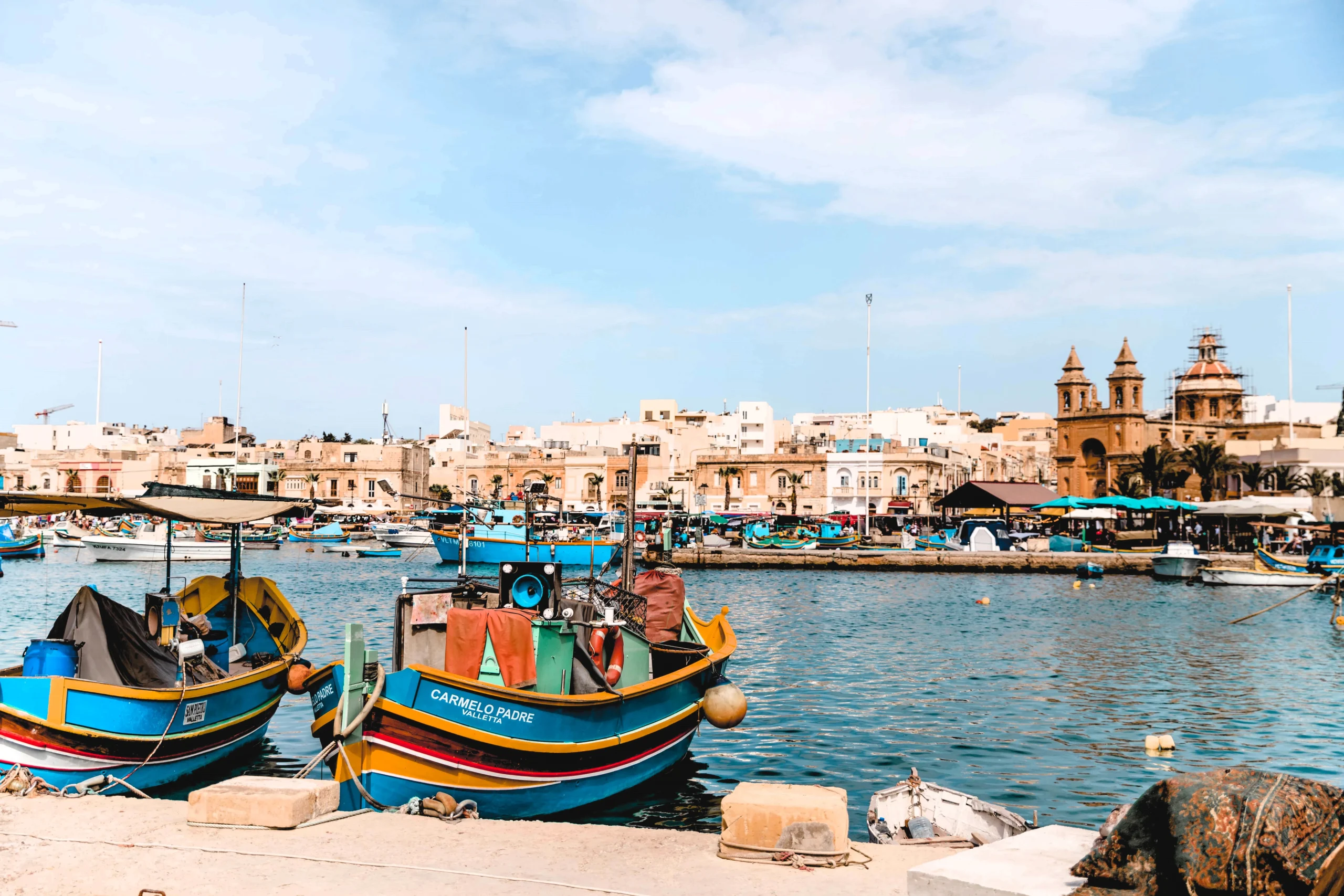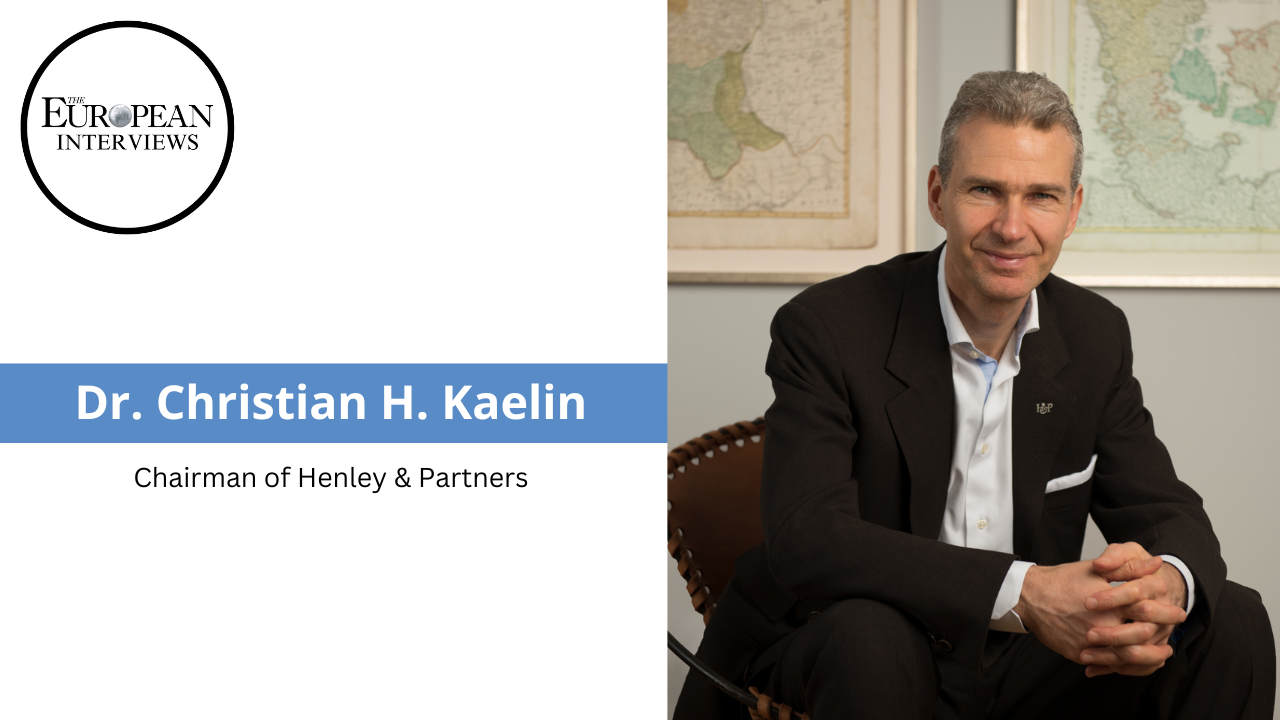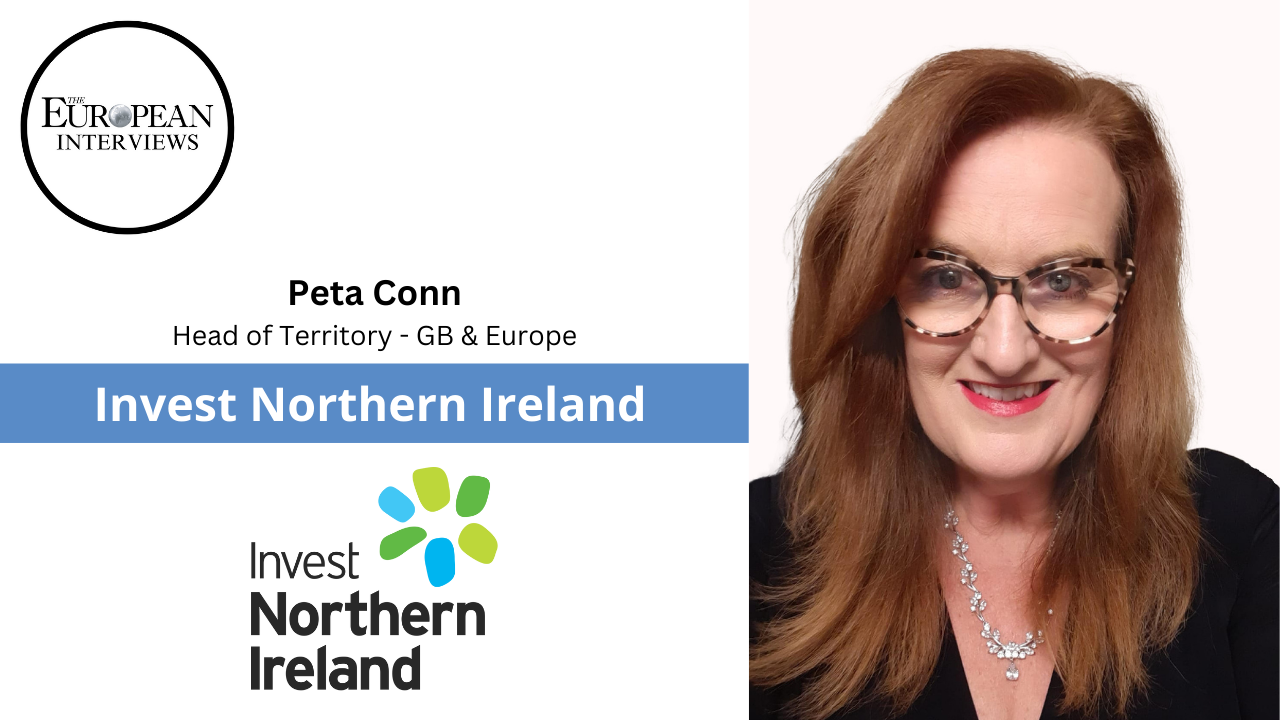Ethiopia emerges as a sustainable investment leader on the African stage

John E. Kaye
- Published
- Foreign Direct Investment
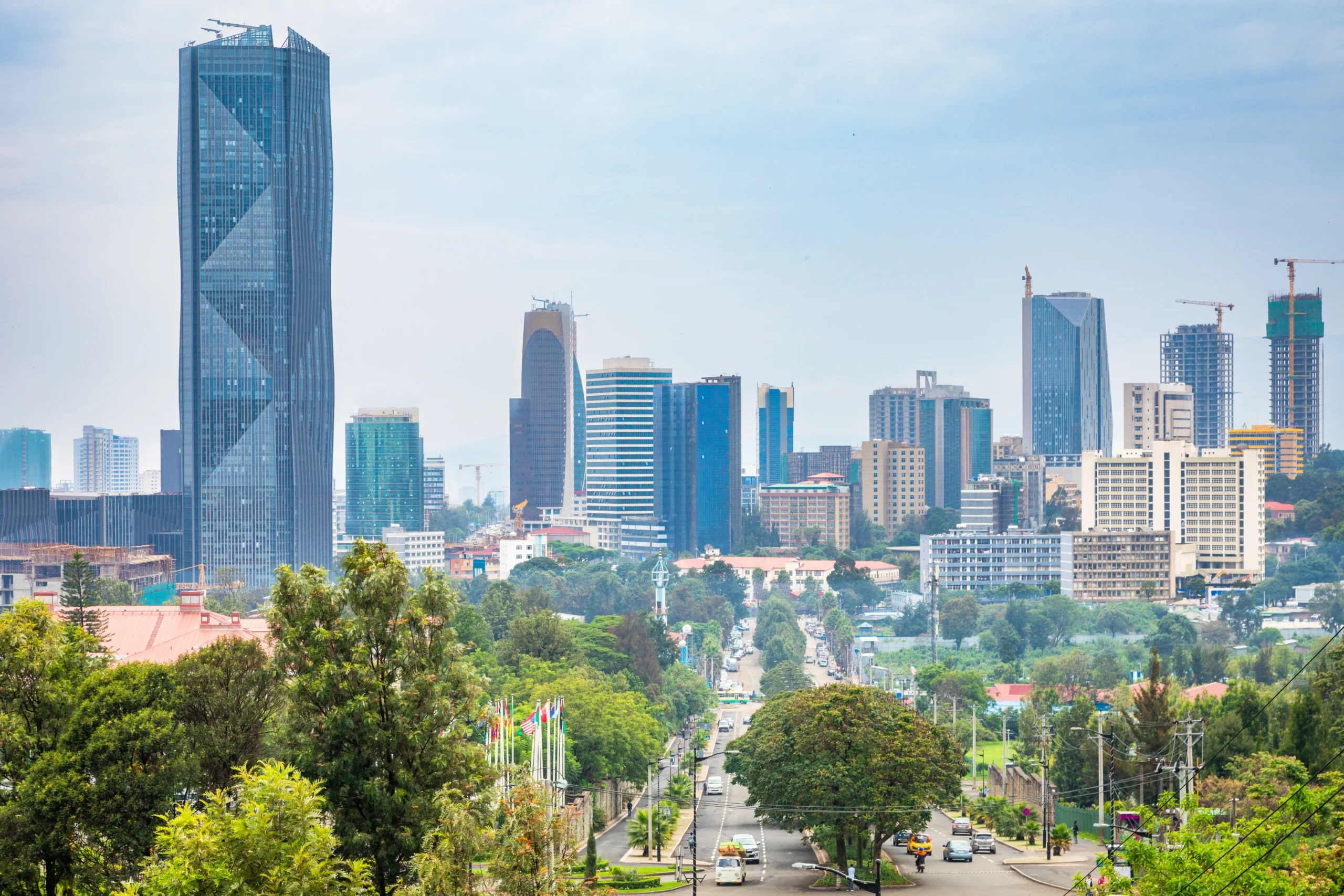
Ethiopia’s sweeping economic reforms, from the creation of its first securities exchange to a US $1.6 billion green investment drive, are reshaping perceptions of Africa as a high-risk frontier. With new market infrastructure, climate finance mobilisation, and industrial expansion, the country is positioning itself as a credible partner for sustainable, impact-driven capital, writes Haile Mekonnen Birhanu, the Sustainability and ESG Division Manager at Wegagen Bank
For decades, entrenched perceptions of Africa as a region defined by conflict, political instability, poor governance, and a lack of skilled manpower and advanced technology have deterred sustainable investment. This characterisation, repeated in donor reports and media coverage, has obscured a more complex reality. Africa, with more than 1.5 billion people, a wealth of natural resources, and the world’s youngest population, is increasingly becoming a credible destination for long-term, responsible capital.
Governments across the continent are reshaping policy frameworks to attract foreign direct investment, and Ethiopia offers one of the most ambitious examples. Over the past six years, the Ethiopian government has pursued a far-reaching reform agenda. The devaluation of the birr against the US dollar — a deliberate move to address distortions in which the black market had dominated currency trading — has been accompanied by a start-up proclamation creating a more enabling environment for entrepreneurs. Foreign investment proclamations and directives have been amended to attract international capital, the Ethiopian Capital Market Authority has been established, and banking, real estate and retail have been opened to foreign participation. Infrastructure-led strategies such as corridor development projects, and sustainability programmes including the Climate Resilient Green Economy and the nationwide Green Legacy tree-planting initiative, are backed by active collaboration with the International Finance Corporation (IFC) and other development finance partners.
The creation of a domestic capital market marks a turning point for Ethiopia’s investment landscape. In the absence of a securities exchange, international investors lacked a viable exit mechanism, while local entrepreneurs, SMEs and impact investors had no structured means to mobilise funds, invest, and withdraw capital when needed. Proclamation 1248/2024 has changed this dynamic, enabling the launch of a well-organised capital market authority and a public-private partnership–held Ethiopian Securities Exchange (ESX), regulated by the Ethiopian Capital Market Authority.
Licences have already been issued to a growing roster of market participants. Wegagen Capital Investment Bank, 75% owned by Wegagen Bank (a first-generation commercial bank), CBE Capital Investment Bank, majority-owned by the state-owned Commercial Bank of Ethiopia alongside Ethiopian–American economist Zemedeneh Nigatu, Deloitte, I Capital Investment Advisors, and Ethio-Fidelity Securities are among those now active in the market. At present, ESX has only two listed member companies: Wegagen Capital Investment Bank and CBE Capital Investment Bank. This network gives international investors access to state-of-the-art advisory services and capital-raising channels, enabling them to finance projects, generate returns, and exit by selling stock. For local investors, close collaboration with investment banks is now facilitating fund mobilisation and business expansion, contributing to new company formation and job creation.
The ESX has issued a rulebook making disclosure and reporting obligations mandatory for listed companies. These requirements cover both financial and non-financial information, aligning with global best practice frameworks such as IFRS S1 (General Requirements for Sustainability-related Financial Information), IFRS S2 (Climate-related Disclosures), the Global Reporting Initiative (GRI) Standards, and the European Sustainability Reporting Standards (ESRS). This emphasis on transparency and accountability is intended to build investor confidence and ensure Ethiopia’s market infrastructure meets international expectations.

The National Bank of Ethiopia has further strengthened the framework by issuing a directive requiring all commercial banks to publish sustainability disclosures alongside annual financial reports. Banks must integrate environmental, social and governance (ESG) considerations into strategy, conduct materiality assessments, identify risks and opportunities, and detail mitigation measures. Governance reforms include appointing independent board members, ensuring the inclusion of women on boards, and embedding ESG into all operations.
In partnership with the Ethiopian Bankers’ Association, the IFC has developed an ESG guideline specifically for Ethiopian banks. This document has proved an important catalyst for the sector, addressing the previous shortage of ESG expertise and encouraging banks to pursue responsible lending, climate finance mobilisation, and financial inclusion. Several institutions are now raising funds through climate finance mechanisms and aligning projects with the UN Sustainable Development Goals.
The government has also prioritised enabling local stakeholders to access the Green Climate Fund. The Ministry of Planning and Development, Ethiopia’s designated focal point for the Fund, has organised consultative sessions with banks and other market actors on mobilisation strategies. At the first-ever “Invest in Ethiopia” high-level forum, the Ethiopian Investment Commission secured US $1.6 billion in investment commitments from foreign investors, with a strong focus on green finance, particularly solar panel production and installation.
Although around 90% of Ethiopia’s power is generated from renewable hydropower, rural areas remain significantly under-electrified. Stakeholders are now targeting solar solutions for smallholder farmers, supported by initiatives such as the World Bank’s ADELE programme (Access to Distributed Electricity and Lighting in Ethiopia) in collaboration with the state-owned Development Bank of Ethiopia. Expanding access to electricity will enable farmers to adopt climate-smart agriculture, integrate new technologies, and access timely market information. The impact is not only agricultural: many rural farmers who own mobile phones currently struggle to charge them, cutting them off from information networks and market linkages. Reliable electrification addresses these gaps, providing access to irrigation water, improving digital literacy, and building financial literacy.
Financial inclusion forms another pillar of Ethiopia’s reform agenda. The country’s financial institutions are aligning with the national financial inclusion strategy by developing AI-powered, credit-score-based digital lending platforms accessible via mobile applications and USSD. These platforms have already disbursed billions of birr in loans to farmers, SMEs, women, young people, and marginalised groups. As a result, Ethiopia’s financial inclusion rate has risen to 46%, although it remains below Kenya’s 83%, Rwanda’s 77%, and the sub-Saharan African average of 55%. The government has also demonstrated its commitment to inclusion by allowing agricultural extension services to be provided by private-sector players and prioritising support to the agricultural sector.
Beyond finance, Ethiopia is working to attract foreign direct investment in technology and manufacturing. Thirteen industrial parks have been developed, 11 of them designated as special economic zones, under the management of the Industrial Parks Development Corporation (IPDC). These parks focus on textiles, agro-processing, pharmaceuticals and other priority sectors. Current exports from IPDC facilities are valued at US $300 million, with targets set at US $1.6 billion in annual exports and US $500 million in import substitution. More than 100,000 jobs have already been created. These results reflect a combination of competitive labour costs, political stability, and an investment climate shaped by responsive regulation.
Ethiopia’s commitment to sustainability is integrated into its development model. As a signatory to the Paris Agreement, and despite contributing less than 0.4% to global greenhouse gas emissions, the country has implemented wide-ranging measures: a ban on plastic bags, a ban on the import of fuel-based vehicles, investment in fully electric public buses, and urban corridor developments designed to encourage cycling and walking. The Green Legacy initiative, with billions of seedlings planted nationwide, is emblematic of this agenda and a visible signal to investors with a sustainability mandate.
Africa’s economic story is shifting. Reform-driven economies such as Ethiopia are demonstrating that the continent is not merely a recipient of aid, but an active partner for investors seeking growth aligned with environmental and social impact. For those willing to engage with its markets on informed and strategic terms, Africa offers a viable platform for sustainable, long-term value creation.
Further information
This article was published in partnership with Wegagen Bank. For further information visit www.wegagen.com
RECENT ARTICLES
-
 Zanzibar’s tourism boom ‘exposes new investment opportunities beyond hotels’
Zanzibar’s tourism boom ‘exposes new investment opportunities beyond hotels’ -
 Residence and citizenship planning is reshaping global wealth strategies
Residence and citizenship planning is reshaping global wealth strategies -
 Building sovereign bridges by attracting global investors
Building sovereign bridges by attracting global investors -
 Bahrain cuts property investment threshold for golden residency
Bahrain cuts property investment threshold for golden residency -
 Where mobility meets opportunity: Malta’s strategic advantage for global investors and innovators
Where mobility meets opportunity: Malta’s strategic advantage for global investors and innovators -
 UK government sets up Women in Tech taskforce amid gender imbalance concerns
UK government sets up Women in Tech taskforce amid gender imbalance concerns -
 Malta introduces Nomad Heritage Card for remote professionals
Malta introduces Nomad Heritage Card for remote professionals -
 How free global cities could reshape the future of migration
How free global cities could reshape the future of migration -
 Dominican Republic positions itself as Caribbean hub for sustainable trade and investment
Dominican Republic positions itself as Caribbean hub for sustainable trade and investment -
 Biviana Riveiro Disla speaks to The European about the Dominican Republic’s role as a hub for trade and investment
Biviana Riveiro Disla speaks to The European about the Dominican Republic’s role as a hub for trade and investment -
 Liechtenstein tops global index for foundations
Liechtenstein tops global index for foundations -
 Keeping the door open: wealthy UK citizens investing their way back into the EU
Keeping the door open: wealthy UK citizens investing their way back into the EU -
 Ethiopia emerges as a sustainable investment leader on the African stage
Ethiopia emerges as a sustainable investment leader on the African stage -
 France’s FDI renaissance marks a Nouvelle Ère for Europe
France’s FDI renaissance marks a Nouvelle Ère for Europe -
 The Turks and Caicos Islands: A new era for financial services and innovation
The Turks and Caicos Islands: A new era for financial services and innovation -
 Jersey in focus – an interview with Chief Minister Deputy Lyndon Farnham
Jersey in focus – an interview with Chief Minister Deputy Lyndon Farnham -
 Malta – a popular base for digital nomads
Malta – a popular base for digital nomads -
 Move to Guernsey: The Channel’s island gem
Move to Guernsey: The Channel’s island gem -
 Malta’s residency-by-investment programme: a clear path to permanent residency
Malta’s residency-by-investment programme: a clear path to permanent residency -
 The banking shift that Europe’s businesses can’t afford to ignore
The banking shift that Europe’s businesses can’t afford to ignore -
 High-net-worth Europeans turn to investment migration amid security fears
High-net-worth Europeans turn to investment migration amid security fears -
 Beyond the beaches: a spotlight on the Turks and Caicos Islands
Beyond the beaches: a spotlight on the Turks and Caicos Islands -
 Video Interview with Dr. Christian H. Kaelin of Henley & Partners
Video Interview with Dr. Christian H. Kaelin of Henley & Partners -
 Ireland’s resilience and future in Foreign Direct Investment
Ireland’s resilience and future in Foreign Direct Investment -
 Video Interview with Peta Conn of Invest Northern Ireland
Video Interview with Peta Conn of Invest Northern Ireland










